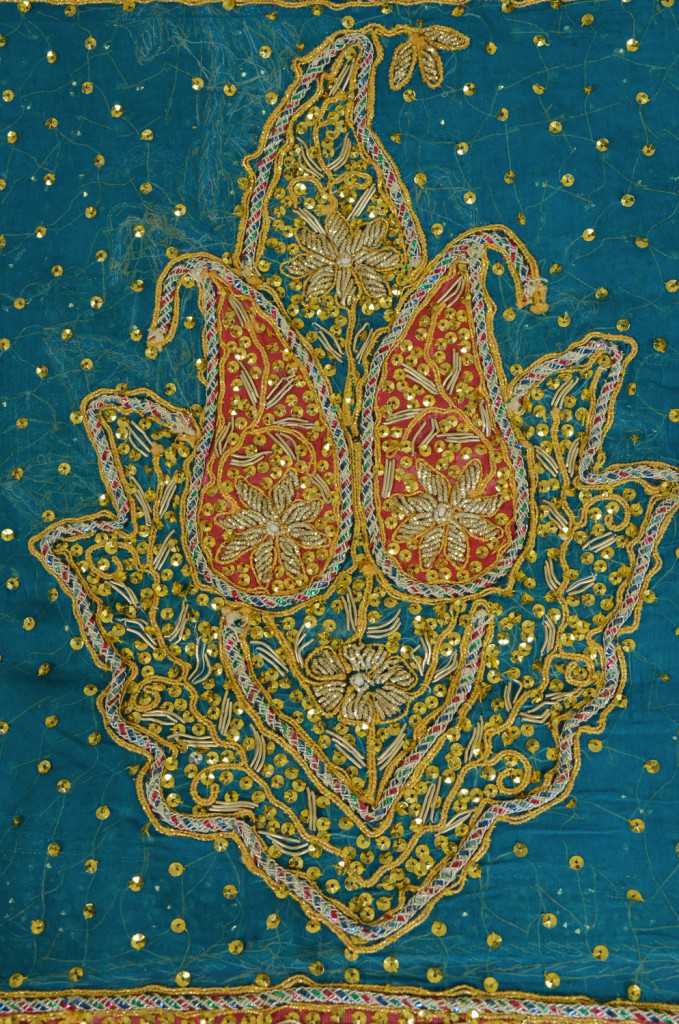===
0266,
1
===

=== |
 |
kaisaa chaman asiirii me;N kis ko udhar ;xayaal
parvaaz ;xvaab ho ga))ii hai baal-o-par ;xayaal
1) what kind of garden, in captivity, who gives a thought in that direction?
2a) flight has become a dream; wings and feathers, thoughts
2b) a dream has become flight; thoughts, wings and feathers
;xayaal : 'Thought, opinion, surmise, suspicion, conception, idea, notion, fancy, imagination, conceit. whim, chimera; consideration; regard, deference; apprehension; care, concern'. (Platts p.498)
;xvaab : 's.m.(f.?), Sleep; dream, vision'. (Platts p.494)
FWP:
SETS == MIDPOINTS; SYMMETRY
MOTIFS == DREAMS; [LOVER AS BIRD]
NAMES
TERMS == FLOWINGNESSIn the first line, asiirii me;N has been given a 'midpoint' position, so that we can read it either with the clause before ('What kind of garden is there, in captivity?), or with the clause after it ('In captivity, who has a thought in that direction?').
Since parvaaz is feminine and ;xvaab , while usually masculine, has a sort of marginal feminine possibility (see the definition above), we can perhaps push the envelope a bit and treat them as interchangeable through grammatical 'symmetry', like bal-o-par and ;xayaal . In that case we can enjoy two distinct meanings: one (2a) that is about the captive bird's loss of the power of flight ('Flight has become a dream, wings and feathers have become mere thoughts or ideas'); and another (2b) that is about the power of the wide-ranging mind to transcend merely physical captivity ('Dreams have become forms of flight, thoughts have become wings and feathers').
By no coincidence, the first line works with either possibility, because it essentially rejects or gives up the garden, claiming that the captive bird no longer devotes any thought to it. Either pessimistically (2a) or perhaps optimistically (2b), the captive bird has let go of the garden and moved on. Nowadays, does he let his thoughts play in a fantasy garden, a garden of the mind? Or does he let them fly free, away from the garden-- or perhaps even beyond it?